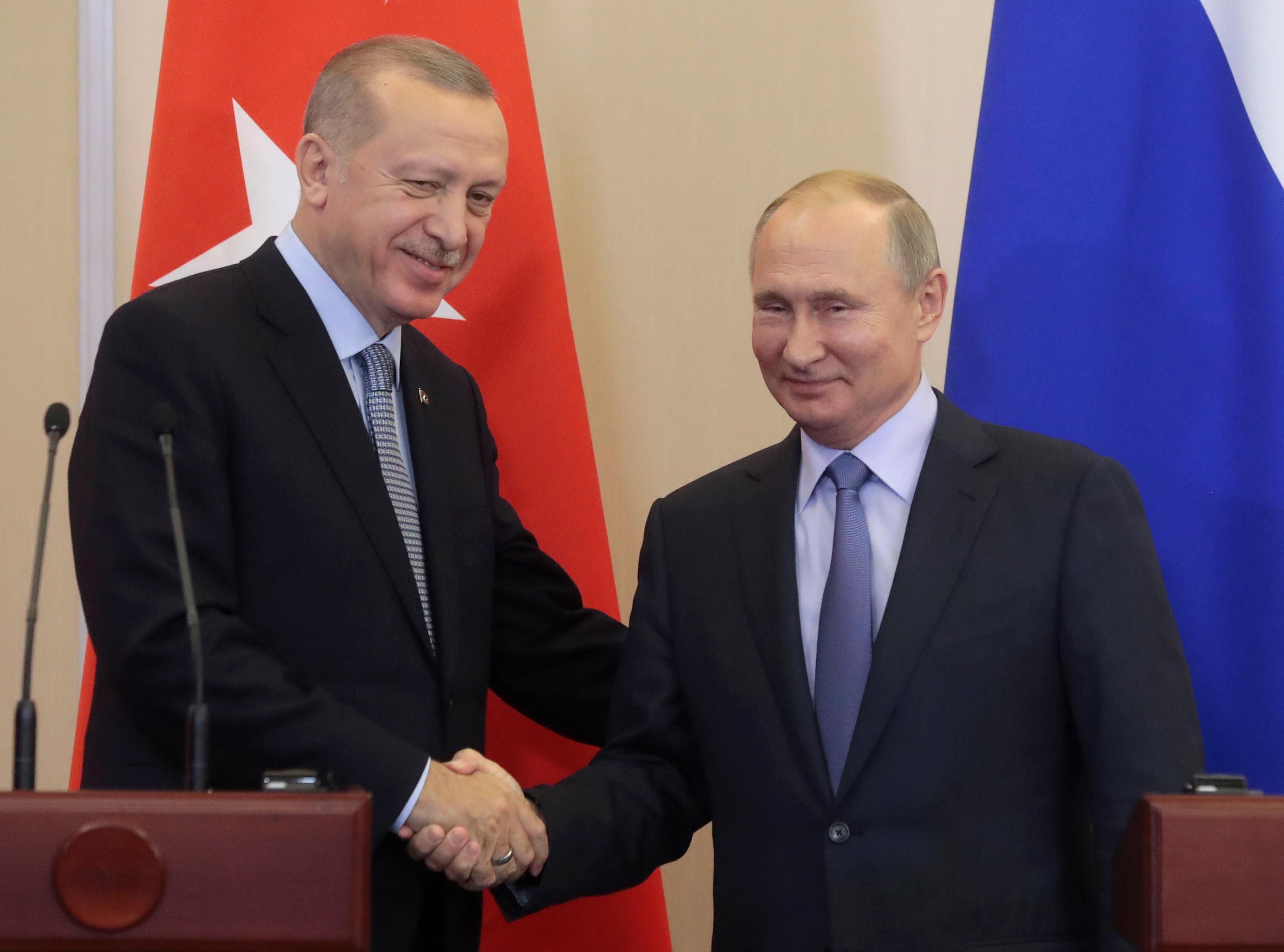Europe
December 15, 2020
US sanctions Turkey: The US has imposed sanctions against NATO ally Turkey over its deployment of a surface-to-air missile system purchased from Russia that US officials say is incompatible with NATO technology, and finances Russia's defense industry. In response, Turkey has warned that it will "retaliate in a manner and time it sees appropriate." In recent years, Turkish President Recep Erdoğan has often tried to improve relations with Vladimir Putin's government to protest what he sees as overbearing behavior from Europe and the United States. But his combative, sometimes abrasive, personal and political style has repeatedly run the risk of isolating Turkey and exposing its economy to a lot of foreign pressure.
Will the EU break up Big Tech? The European Union has unveiled two proposals to curb the power of US tech giants that do business within the union. Brussels, wary of how powerful these firms have become, plans to offer new legal protections to small app developers and to allow users to uninstall pre-loaded apps from their devices. If tech companies fail to comply, they would face fines of up to 10 percent of their annual global revenue. And if they breach the rules often enough, the EU could break up these companies as the US Congress has threatened to do over their monopolistic practices, use of private data, and failure to stem the flow of online misinformation. Though these EU proposals have not yet become law, they signal that European regulators are prepared to be much more aggressive than their American counterparts in coming years with firms like Apple, Google, Amazon, and Facebook.
China's dirty cotton: Chinese authorities have been accused of forcing more than half a million Uighur Muslims in the far-west region of Xinjiang to pick cotton that is then used in exported Chinese-made clothing. Uncovered Chinese documents corroborate satellite evidence that China runs large-scale internment camps in Xinjiang where up to a million Muslims have been imprisoned. (Beijing claims the camps are used for "vocational training.") But this new evidence will force many of China's commercial partners to choose between continuing to accept apparel possibly made from slave labor or boycott the products and brave China's economic retribution. In the United States, in particular, the use of minority slaves to pick cotton could hardly be more provocative.More For You
- YouTube
China was largely absent from the core conversations at the 2026 Munich Security Conference. That, says Ian Bremmer, is telling.
Most Popular
- YouTube
At the 2026 Munich Security Conference, Brad Smith announces the launch of the Trusted Tech Alliance, a coalition of global technology leaders, including Microsoft, committing to secure cross-border tech flows, ethical governance, and stronger data protections.
When the US shift from defending the postwar rules-based order to challenging it, what kind of global system emerges? CFR President Michael Froman joins Ian Bremmer on the GZERO World Podcast to discuss the global order under Trump's second term.
TODAY at 12 pm ET: Watch our Global Stage live premiere from the Munich Security Conference
Feb 13, 2026
Tune in today at 12pm ET/6pm CET for the live premiere of our Global Stage from the 2026 Munich Security Conference, where our panel of experts takes aim at the latest global security challenges. NY Times National Security Correspondent David Sanger moderates the discussion with Benedetta Berti, Secretary General, NATO Parliamentary Assembly; Ian Bremmer, President & Co-founder, Eurasia Group & GZERO Media; Dr. Wolfgang Dierker, Global Head of Government Affairs, SAP; and Brad Smith, Vice Chair & President, Microsoft.
© 2025 GZERO Media. All Rights Reserved | A Eurasia Group media company.
